5 Ways to Spot Fake E-Cigs
Counterfeit, subpar devices saturate market as FDA conducts PMTA review process.
Brought to you by Bidi Vapor, LLC
The U.S. Food and Drug Administration (FDA) may be carefully evaluating the e-cigarette category through its premarket tobacco product application (PMTA) process, but the number of illegal devices flooding the market remains staggering, according to stakeholders in the industry.
After a recent seizure of counterfeit e-cigarettes, officials with the U.S. Customs and Border Patrol (CBP) expressed concern over the threat to the public that the flow of illegal goods presents. “Many counterfeit, unapproved, or unauthorized products are likely produced in unregulated facilities with unverified ingredients posing a serious health concern to consumers,” CBP officials said earlier this year.
In a March 2021 article from R Street, a Washington, D.C.-based think tank, authors noted that “counterfeit e-cigarettes have been found to be mislabeled, have high levels of potential toxins, and poor manufacturing standards. Scholars who have studied prohibition of tobacco and other drugs posit that increased restriction often leads to a rise in the prevalence of illicit products and markets.”
One manufacturer, Bidi Vapor, LLC, Melbourne, Fla., the maker of a premium e-cigarette called the BIDI® Stick, announced in December 2020 that a federal judge in the Southern District of New York granted a temporary restraining order and asset freeze against 24 defendants—most based overseas in China—selling counterfeit, illegally labeled “Bidi” products through the wholesale website, DHGate.com.
“The manufacture and sale of counterfeit goods hurts all responsible suppliers of quality products,” said Niraj Patel, president and CEO of Bidi Vapor. “It’s a shame that independent manufacturers like Bidi Vapor have to shoulder the burden of pursuing wholesalers and retailers dealing in these illegal products, but our goal is to provide high-quality, electronic nicotine-delivery systems (ENDS) to adult consumers who are 21 and older.”
To help retailers identify counterfeit product, Patel suggested five steps:
- Understand the rules – The Food and Drug Administration (FDA) has listed its guidelines on the manufacture and marketing of e-cigarettes. Review those standards, as they cover issues of product production and advertising aimed at protecting both adults and minors. Here’s a link to the FDA’s rules: https://www.fda.gov/tobacco-products/rules-regulations-and-guidance/fdas-deeming-regulations-e-cigarettes-cigars-and-all-other-tobacco-products.
- Visit your supplier’s website and social media accounts – A simple review of a manufacturer’s website and social media accounts (e.g., Facebook, Instagram, etc.), will reveal whether the company has implemented appropriate age-restrictive policies and its approach to marketing, especially regarding youth. Retailers should avoid any manufacturer that appears to be targeting young people.
- Review warning labels and packaging – FDA has established detailed guidance on everything from the size of warning labels to the names of products. Devices not in compliance will stand out.
- Authenticate – Manufacturers may have ways to authenticate their products either through packaging techniques or via their website. Review those methods.
- Certifications – Some manufacturers have gone the extra mile and have obtained certain certifications associated with the production of their devices and the parts used. Certifications from approved testing laboratories are signs of higher production standards.
Vaping manufacturers committed to FDA compliance face aggressive competition from players who boldly disregard the rules. “The behavior of a small group can bring down the image of the entire category,” Patel said. “It’s important for retailers to consider the quality of products they put on their shelves and the marketing practices of the suppliers they choose.”
Patel said that anyone committed to making e-cigarettes a continuing option for adult smokers age 21 and older must take a stand. “The future of vaping is in the hands of the nation’s c-store retailers,” Patel said. “The entire supply chain, from manufacturers to store-level clerks must commit to regulation, age-verification, and compliance for the sake of our customers.”


